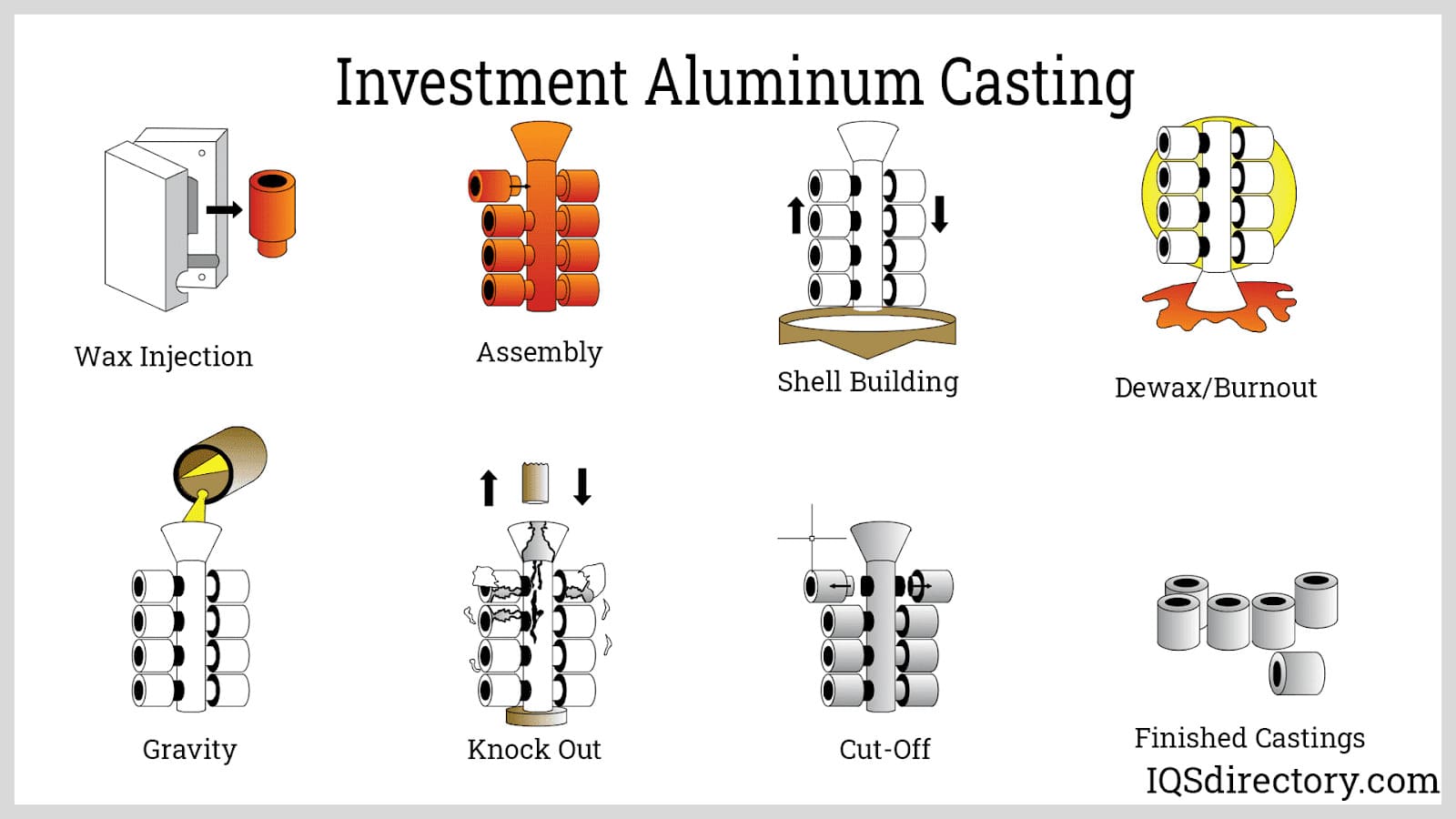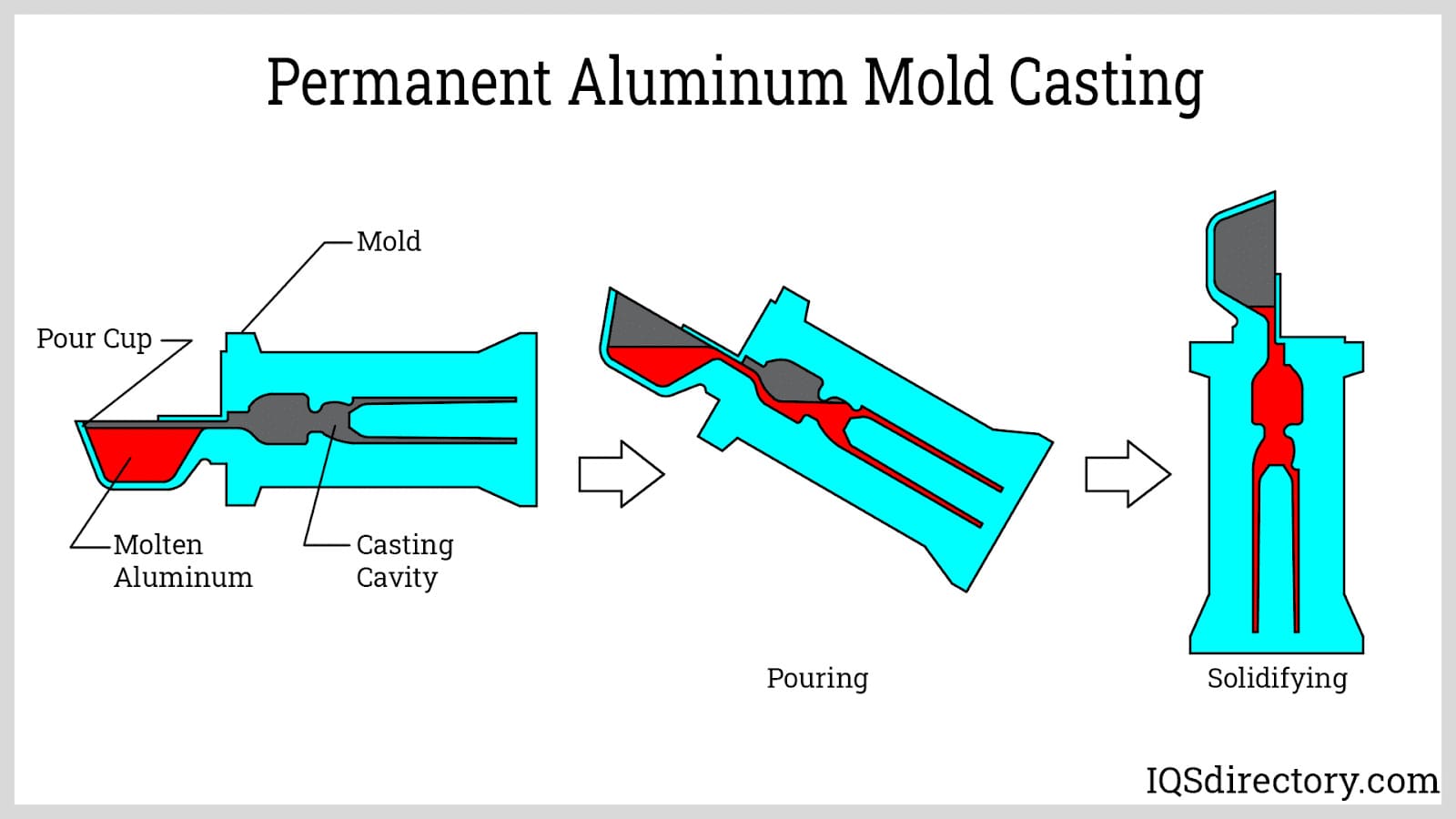What Does Stahl Specialty Company Mean?
What Does Stahl Specialty Company Mean?
Blog Article
The Definitive Guide to Stahl Specialty Company
Table of ContentsThe Greatest Guide To Stahl Specialty CompanyGet This Report on Stahl Specialty Company10 Easy Facts About Stahl Specialty Company ExplainedThe Definitive Guide for Stahl Specialty CompanyOur Stahl Specialty Company StatementsStahl Specialty Company - Questions

If you're making a metal product, you have actually likely considered using light weight aluminum as the base material. It has a high strength-to-weight ratio, great rust resistance, great formability, and visual allure. These factors have resulted in its increased appeal in recent times. Pure aluminum has limited applications, so it is usually integrated with various other aspects, such as silicon, magnesium, and manganese to develop alloys.
Various components and quantities generate a wide range of preferable physical and chemical buildings. And the Aluminum Association (AA), based in The United States and copyright, has developed requirements that control aluminum alloys' structure, buildings, and language. There are 2 types of light weight aluminum alloys wrought and cast. Factory employees form these alloy key ins different methods, which considerably impacts their features.
The Ultimate Guide To Stahl Specialty Company
Cast aluminum alloys are made by melting pure light weight aluminum and integrating it with other metals while in fluid form. After that the mix is poured into a sand, pass away, or investment mold and mildew. After solidification, the steel is eliminated from its mold. At this phase, it is in either its final kind or as a billet or ingot for additional processing.

160.0 represents a cast with a minimum of 99.60% aluminum. The 4th number, which comes after the decimal factor, defines if the alloy is a spreading (xxx. 0) or an ingot (xxx. 1). Wrought light weight aluminum alloys also start by incorporating liquified aluminum with other steels. Unlike cast alloys, nonetheless, they are developed right into their final shape with procedures such as extrusion, rolling, and flexing after the steel has strengthened right into billets or ingots.
There are lots of small differences between functioned and cast aluminum alloys, such as that cast alloys can include much more substantial amounts of other steels than wrought alloys. Yet one of the most remarkable difference between these alloys is the construction procedure whereby they will certainly most likely to deliver the last product. In addition to some surface therapies, cast alloys will leave their mold in virtually the specific strong kind preferred, whereas wrought alloys will certainly undertake several modifications while in their strong state.
If you think that a functioned alloy might be the most effective for your task, have a look at a few of our short articles that describe more about specific functioned alloys, such as Alloy 6061 and Alloy 6063. On the various other hand, if you believe an actors alloy would certainly be better for you, you can discover more about some cast alloys in our Alloy 380 and Alloy 383 articles (coming soon).
The 8-Second Trick For Stahl Specialty Company
When selecting an aluminum shop for your manufacturing requirements, it's important to study numerous variables. One of one of the most crucial aspects to think about is the experience and capability of the foundry. Aluminum Casting. Selecting a foundry who has the right understanding of the aluminum casting procedure, and the profile to reveal for it, assists to have an effective end result for your project
Having the experience and market expertise to engineer your spreadings for optimum production and high quality end results will certainly simplify the job. Making light weight aluminum castings needs a facility set of processes to achieve the right outcomes. When picking a new aluminum foundry to companion with, guarantee they have comprehensive market experience and are knowledgeable concerning all facets of the aluminum spreading procedure: style, production, product analysis, and item testing.
The foundry ought to also have a tested performance history of supplying remarkable products that satisfy or surpass client expectations. Quality control needs to also be at the top of your listing when picking an aluminum shop. By functioning with a qualified factory who complies with the criteria for top quality control, you can secure the stability of your item and ensure it satisfies your specs.
By selecting a firm who supplies solutions that satisfy or exceed your item requirements, you can be sure that your job will be finished with the utmost accuracy and performance. Specific aluminum foundries specialize in particular sorts of manufacturing procedures or casting techniques. Different parts call for various production methods to cast light weight aluminum, such as sand casting or die spreading.
The Buzz on Stahl Specialty Company
Pass away spreading is the name given to the procedure of creating complicated steel components with usage of molds of the element, also referred to as dies. The process uses non-ferrous steels which do not include iron, such as aluminum, zinc and magnesium, due to the preferable properties of the metals such as reduced weight, higher conductivity, non-magnetic conductivity and resistance to rust.
Die casting manufacturing is fast, making high production levels of components very easy. It creates even more elements than any kind of other process, with a high level of precision and repeatability. To discover even more about die casting and pass away spreading products made use of while doing so, kept reading. There are three sub-processes that fall under the group of die spreading: gravity die spreading (or irreversible mold casting), low-pressure die spreading and high-pressure die casting.
After the purity of the alloy is evaluated, passes away are created. To prepare the dies for casting, it is vital that the dies are tidy, so that no deposit from previous productions stay.
The Best Guide To Stahl Specialty Company
The pure metal, also called ingot, is contributed to the furnace and maintained at the molten temperature of the steel, which is then transferred to the injection chamber and injected right into the die. The stress is then preserved as the metal solidifies. As soon as the metal solidifies, the cooling procedure begins.
(https://stahlspecialc.carrd.co/)
The thicker the wall surface of the part, the longer the cooling time due to the quantity of interior steel that likewise requires to cool. After the component is completely cooled, the die halves open and an ejection device presses the component out. Complying with the ejection, the die is shut for the following shot cycle.
The flash is the additional product that is cast during the procedure. This should be cut off utilizing a trim device to leave just the main component. Deburring gets rid of the smaller sized items, called burrs, after the trimming process. Lastly, the part is polished, or burnished, to offer it a smooth surface.
Not known Incorrect Statements About Stahl Specialty Company

Zinc is one of one of the most previously owned alloys for die spreading as a result of its reduced cost of raw materials. It's likewise among the stronger and steady metals. And also, it has outstanding electric and thermal conductivity. Its deterioration resistance also permits the components to be durable, and it is among the extra castable alloys due to its reduced melting point - Foundry.
As pointed out, this alloy is just one of the most Going Here generally utilized, yet makes will, sometimes, choose aluminum over zinc due to aluminum's production benefits. Light weight aluminum is very affordable and among the a lot more functional alloys. Light weight aluminum is used for a variety of different items and markets anything from window frameworks to aerospace products.
Report this page